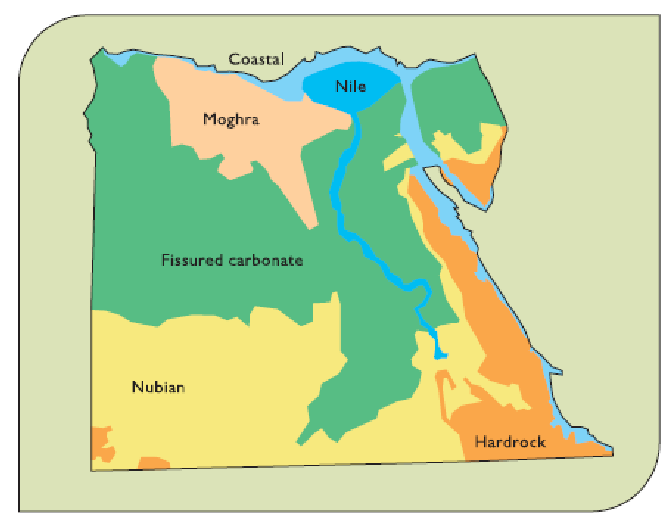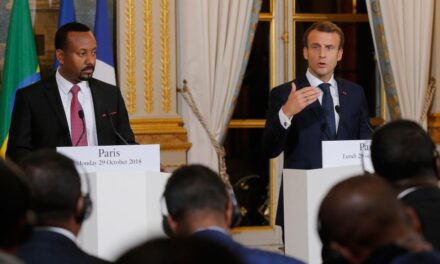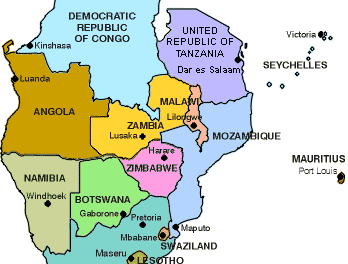By: Tekleab Shibru (Ph.D.), Associate Professor of Geomatics, Chicago State University, Chicago, USA.
Amid the construction of Grand Ethiopia Renaissance Dam (GERD), the hydro-electric dam meant to generate electricity, Ethiopia and Egypt are having a fierce diplomatic battle over the Nile water resource utilization and management. Egypt alleges that Nile water is its “only” freshwater source, and hence considers Ethiopia’s dam an existential threat. Whereas for Ethiopia, the dam is the energy source that would electrify and light one of the darkest countries in Africa and the world. Therefore, this article applied the concept of hydrologic water budget to investigate annual net and reserve water of the two countries so as to verify if indeed Ethiopia has plentiful alternative freshwater resources, Nile water is the Egypt’s sole freshwater source and the dam is an existential threat. Accordingly, Ethiopia’s Nile river sub-basin receives 456.6 BCM of water as rainfall while losing 443.3 BCM of water as Nile river outflow and evapotranspiration. The resultant net water storage is, therefore, 14 BCM per year, which is only 4% of the rainfall it receives. On the other hand, Egypt receives 202 BCM of water as Nile river input, rainfall, groundwater extraction, and desalinization; while losing only 51 BCM of water as evapotranspiration. The net annual water storage for Egypt is, therefore, 151 BCM, indicating a clear water resource advantage over Ethiopia’s 14 BCM. Secondly, owing to the reservoir of Aswan Dam, Egypt also has advantageous surface water reserves. There is 108 BCM more surface water reserve in Egypt’s sub-basin compared to Ethiopia’s 30 BCM. Thirdly, Egypt’s is 63,200 BCM groundwater reserve is approximately, 400,000% higher than Ethiopia’s 12.7 BCM groundwater reserve. Lastly, Egypt has an infinite access to coastal water, which up on desalination can provide unlimited domestic water supply, the resource that Ethiopia has no access to, as a landlocked country. Consequently, it is verified that Egypt has an overwhelming water resource advantage, and that Nile water is not the only freshwater source, and so the dam is not remotely Egypt’s existential threat. Therefore, the perception pushed by Egypt that Ethiopia has a plentiful water to share Nile and/or Egypt would cease to exist with Ethiopia’s dam, is mendacious. Unfortunately, the international communities echoing this dishonest sentiment are violating, the ideals of trans-boundary water resource sharing and nation’s territorial sovereignty; which are enshrined in the UN convention. The fact that Ethiopia is a victim of this malicious doctrine, being a landlocked sub-Saharan African country, with multi-faceted socio-economic problems, makes it an exhibition of an appalling cruelty that must stop.
To read the article, please click the link below.
Editor’s note: In the paper, it’s indicated that Egypt’s groundwater reserve is 400% higher than Ethiopia. This was a typo. Egypt’s ground water reserves are indeed 400000% higher than Ethiopia’s!




